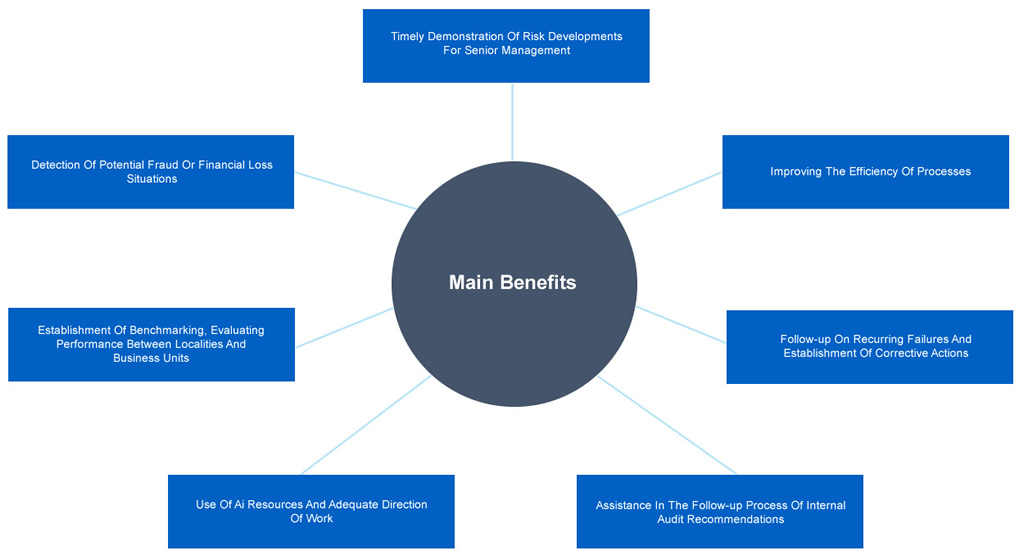
Risk is a measure of uncertainty, not always risk is something negative, in fact, without risks there would be great rewards. The goal of managing risks is not eliminated, but understand them and control them to the point of gaining from its positive aspects, thereby minimizing the negative aspects.

Managing risks is more than a process to avoid them, is to study and know the risks inherent to each activity of the company to maximize opportunities and minimize adverse effects. More specifically, Risk Management is a formal (business) process used to identify risks and opportunities in an organization, estimate the potential impact of these events, and provide a method to address those impacts and reduce threats to an acceptable level or to opportunities.

Mestra Consultoria has adopted diversified methodologies for managing the company’s risks, seeking the best management practices available in the market, together with meeting the compliance demands required by regulators from the main domestic and foreign markets.

Developed in 2008, for one of Mestra Consultoria’s main clients, the Operational Risk Management tool has undergone several upgrades and improvements over the years, currently serving the most demanding clients in the most demanding markets. Initially, the solution was developed with a focus on complying with National Monetary Council Resolution 3.380 / 2006, but its implementation in several companies, also outside the financial market, has proven its value and now assists in the Risk Management of more than a dozen companies.
Our methodology considers eight steps that together aim to potentiate the positive impacts of events and reduce the probability of negative impacts, whether in a process, in a project or in different scenarios.
- Traceability;
- Identification;
- Evaluation;
- Control;
- Mitigation and monitoring;
- Re-evaluation of risks;
- Re-evaluation of controls;
Our Risk Management services include:
- Mapping processes focused on the identification of risks;
- Risk assessment and impact measurement;
- Risk Management Planning;
- Implementation of tools and structure of Risk Management;
- Definition of Indicators for Measurement and Monitoring;
